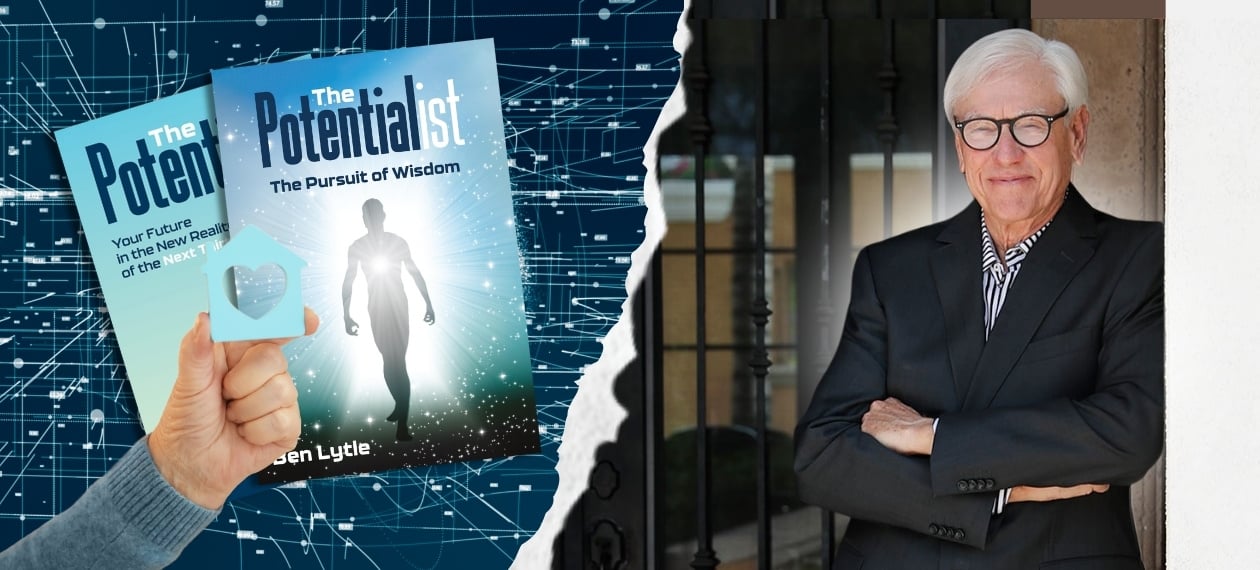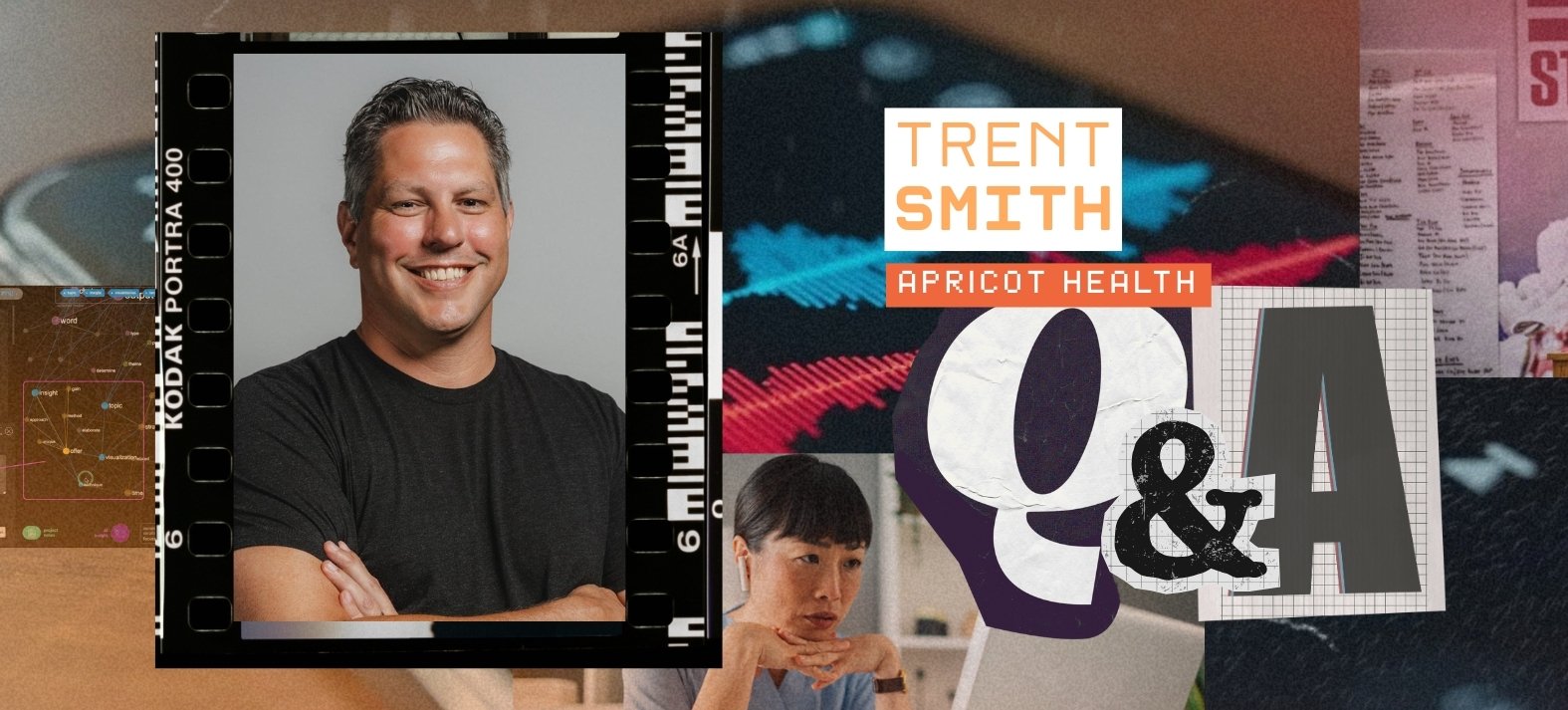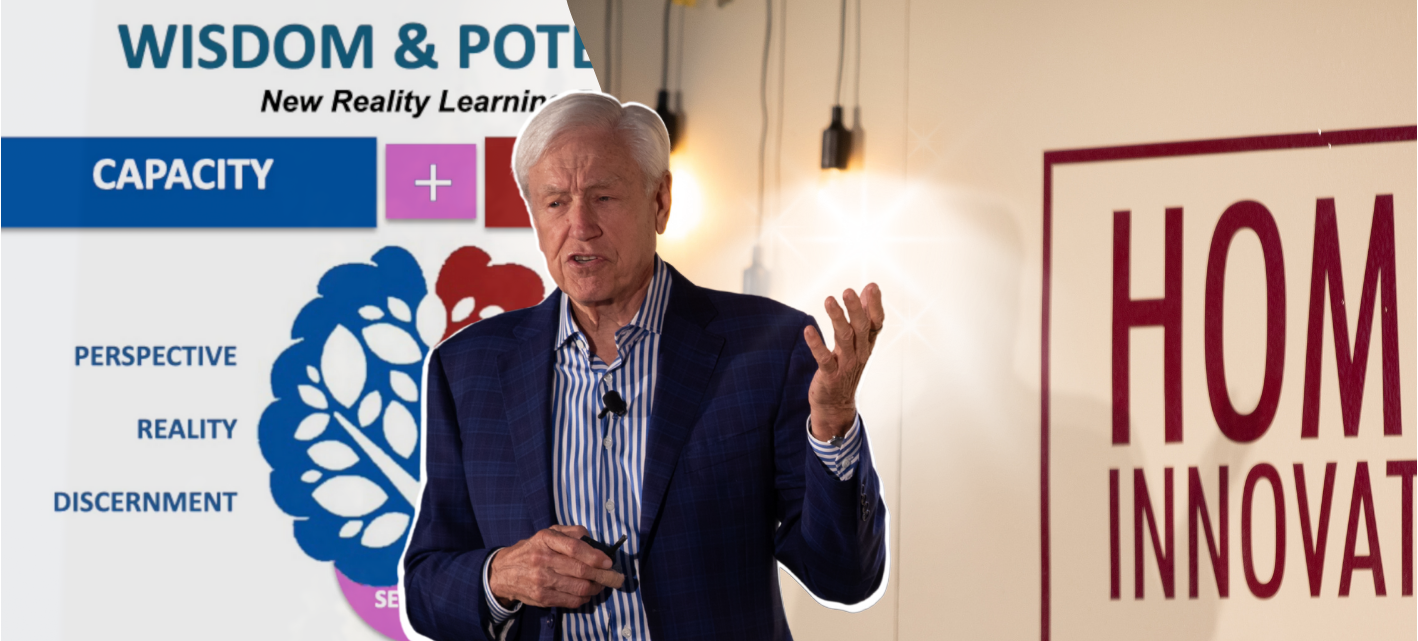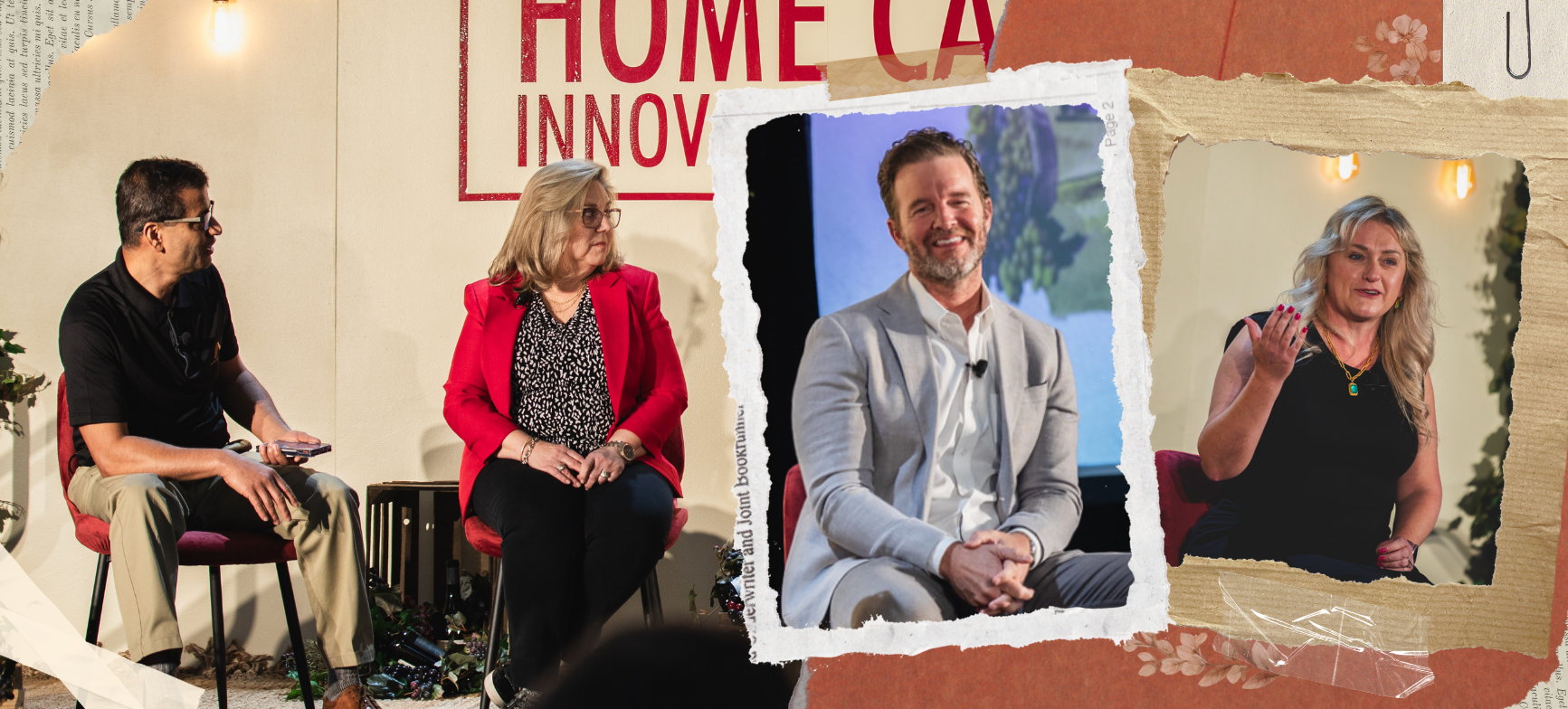Ben Lytle’s remarkable journey started on a North Texas ranch, where he watched his father shift from life as a rancher to a carpenter who became a talented home builder. Witnessing that evolution ignited Lytle's entrepreneurial spirit, which would later shape his own path.
A class on human potential at East Texas State (now East Texas A&M) when Lytle was just 20 years old provided a spark that fueled a lifelong passion for human potential, and what he says is its greatest reward: wisdom. It became the lens through which he saw life and defined his leadership, futurist mindset, entrepreneurial vision, and success.
A well-known business leader who founded seven companies and put himself through Indiana University law school while working full-time, his list of accomplishments is long and impressive.
Most notably, Lytle is the founding CEO of Anthem (now known as Elevance Health) No. 20 on the Fortune 500, and Acordia, which became the sixth-largest global insurance broker.
He later co-founded three healthcare companies with his son Hugh, focusing on solutions for healthier lifestyles and independent aging, complex care in the home, and closing care disparities for Medicaid patients. Ben and Hugh also created Silver Sneakers, a nationwide fitness program that provides gym access and specialized classes to millions of seniors through Medicare Advantage plans, with an average participant age of 78.
Now a Phoenix-area resident, his latest venture is an AI company with his younger son, Larry, that’s taking a different approach from ChatGPT and focusing on creating more reliable, secure solutions for industries like healthcare, education, and insurance. It’s an example of how he’s always looking ahead, seeing opportunities in the shadows.
Lytle is also the author of two books in his 'Potentialist' series, with a third slated for October 2026. A futurist and serial entrepreneur, he focuses on helping people unlock their potential and develop the wisdom to make better decisions.
"What do we share with every living thing on earth?’” Lytle said. “We are wired to achieve our potential – every tree, every flower, every animal. The only difference is we as humans must choose to pursue our potential. The only difference between becoming your best or something less is choosing to do it - or not to.”
A speaker at the upcoming Home Care Innovation Forum (HCIF), we sat down with Lytle to discuss the future of AI and robotics in at-home care, how leaders can inspire their employees to find their own potential, and the amazing impact that a leader’s handshake has in forming a culture of impactful inclusion.
This interview has been edited for length and clarity.
How do you see AI and robotics changing the at-home care landscape in the next 5-10 years?
Lytle: We face an urgent challenge in caring for our aging population. The current people-intensive model simply isn't sustainable. But there's hope in the convergence of robotics and AI, particularly in creating what I call "alter egos"—digital companions that combine knowledge with personality.
Here's what's crucial: these robots shouldn't look human. The "zombie effect" creates discomfort. Instead, imagine a simple device that carries the voice and intelligence of someone you trust. It's less threatening and more practical - you simply tell it what you need, and it responds.
This isn't science fiction; the technology exists today. From my experience building a complex home care company, I've seen how critical caregiver support is. Without proper assistance, you risk turning one elderly care situation into two - burning out the caregiver. Robotic companions can help shoulder both the physical and emotional burden.
But it goes beyond basic care. These AI companions can support memory care, maintaining a person's life story and preserving their memories for future generations. It's about creating a bridge between practical care needs and maintaining human connection, even after someone is gone.
How can at-home care leaders embrace what you call a ‘potentialist mindset’?
Lytle: My leadership philosophy centers on helping people discover their inner potential. When you help someone see what they're truly capable of, their gratitude is endless.
I'm a pragmatic optimist. While change often triggers fear as our first reaction, facts support optimism. Look at human progress since the beginning of time, and especially over the past 120 years - we've consistently evolved and improved. As leaders, we need to help our teams, families, and communities embrace this optimistic mindset. Fear leads to poor decisions, and pessimism blinds us to opportunities.
People need more than a paycheck—they need a compelling vision. At Anthem, we built success on our team's emotional connection to a clear, powerful mission. Author Tom Peters noticed this when researching one of my companies for his "In Search of Excellence" series. He was struck by how every employee could articulate exactly what we were trying to achieve.
Good leadership means being able to paint that dream vividly and communicate it simply. It's about fostering courage over fear, optimism over doubt, and purpose over mere employment.
What’s your advice about finding and keeping good employees?
Lytle: People thrive on personal growth and development - it’s fundamental to job satisfaction – we’re never happier than when we are growing. Leaders must actively invest in their team’s growth. On a large scale, this means systematically identifying your rock stars and understanding what makes them excel.
Most companies recruit based on job descriptions alone. That’s a mistake. Instead, build psychological profiles of your top performers and recruit against those traits. Look for people who genuinely love the work.
AI AlterEgos now allows us to capture the expertise of top performers in each department, creating valuable coaching resources for developing talent and institutional knowledge essential in a declining population. This helps elevate everyone’s performance through shared excellence and dramatically increases productivity as your more junior employees or lower performers are coached and tutored by your best.
The key is moving beyond traditional hiring metrics to focus on finding people who are naturally suited to and passionate about their roles.
How have you created a culture of customer service in your organizations?
Lytle: Some of the most challenging jobs - like hospice care or funeral services - attract people who genuinely love the work. Understanding what draws these individuals to difficult roles is crucial for building strong teams.
As COO of a health plan, I witnessed this firsthand in customer service. After listening to calls, I gathered all 2,500 employees and announced a new policy: "You don't have to accept abuse. That’s not part of the job. Tell the verbally abusive caller you can't continue with that call and transfer them to a manager."
The room erupted in applause. Why? The team saw I understood their challenges and had their backs. These were people who loved helping customers but needed support handling difficult situations. We trained managers in conflict resolution, improving both employee satisfaction and customer interactions.
This approach - understanding your people, supporting them publicly, and addressing their core challenges - builds loyal, effective teams. It shows you're invested in their success and growth. It shows that you care.
At Anthem, I had a practice of surprise worksite visits. I was known for showing up to sites even after we had grown to 60,000 employees. I’d just walk in, start shaking people's hands, sit down with them and listen. What's going to happen? It’s in that authentic interaction that people know you value them. It’s amazing the impact you can have when you show people you care.
###
Posted by
Join us!
The retreat for home health care and hospice leaders innovators.
May 17-19, 2026 | Palm Springs, CA




-2.png)


-2.png)


Comments